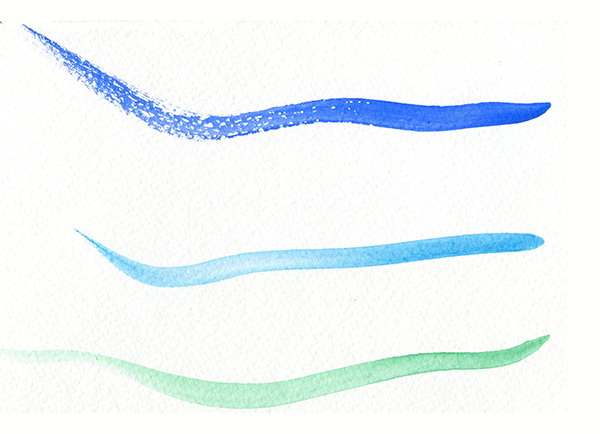This month I’ve been writing about how to respond to uncomfortable emotions. These last nine months has been filled with them and, as the pandemic continues, we get more invitations to improve our emotional intelligence.
I was reminded this week of a Buddhist mind training (lojong) slogan: train in the three difficulties. This is a slightly different take on what to do when we are captured by intensely painful emotions.
Difficulty 1: recognize, without judgment or justification, that you have been emotionally triggered.
Difficulty 2: feel what you feel and get curious about the emotional uproar. Greet it with compassionate awareness. What prompted it? Does it have historical echoes? How does it feel in your body? What are you thinking?
Difficulty 3 offer mental allegiance to avoid being caught this way in the future, understanding that you don’t have to pile on past hurts when you feel this way again.
Dharma teacher Bridget Bailey reports that Pema Chodron teaches it this way:
- See neurosis as neurosis.
- Be willing to do something differently.
- Aspire to make this a way of life.
The fact that these are called “difficulties” reassures us that humans have been finding emotional upset challenging for a long time. They are, of course, a part of the human condition. The lojong slogans were formulated in 12th century Tibet,, but weren’t brought to the West until the 20th century.
Hear in the 21st century, if we can make a practice of meeting emotional upset with recognition, gentleness, and curiosity, we can change our individual experience. If we each do this inner work, our relationships will be much cleaner and easier. Transformed selves, transformed relationships, transformed world.

